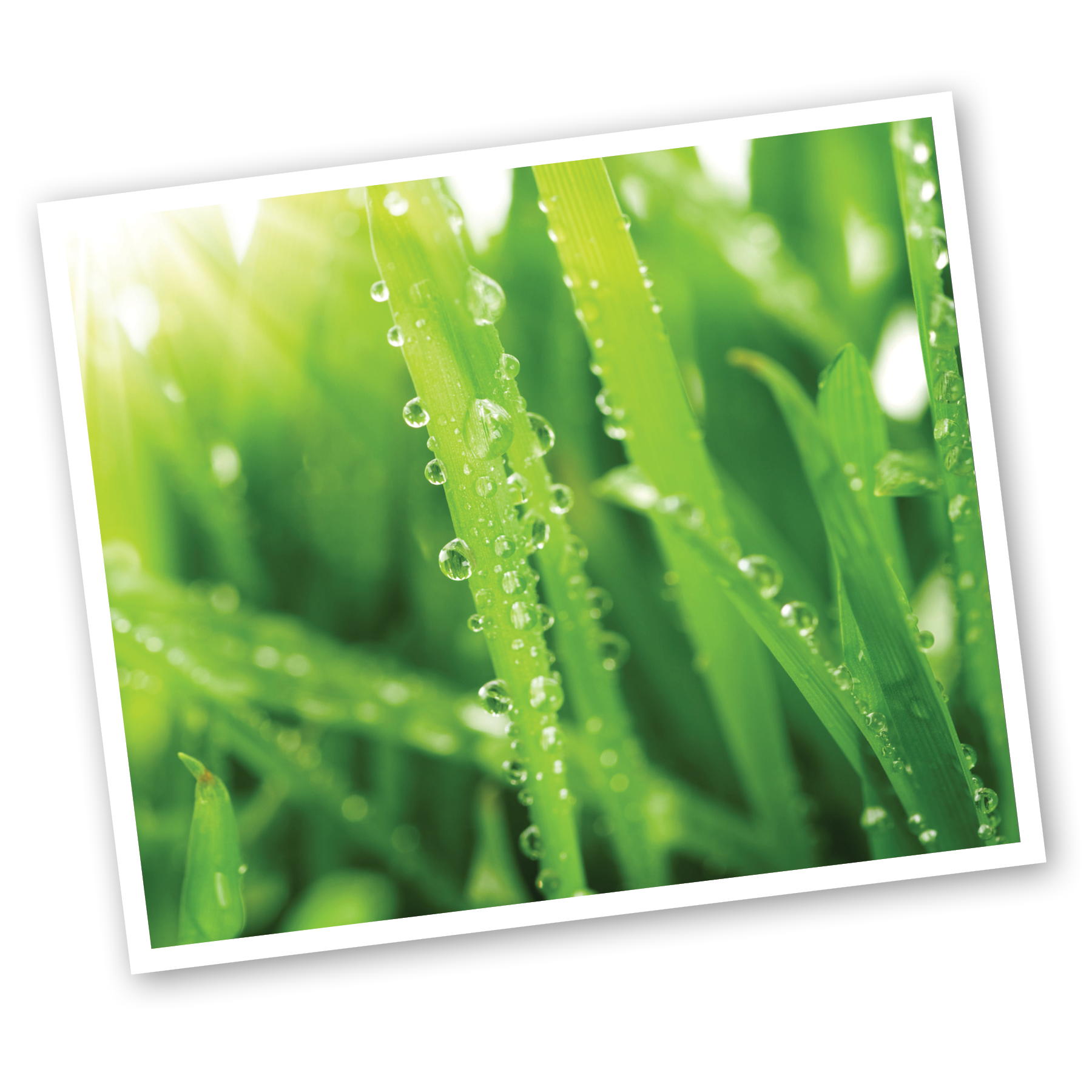Grass plants do not need and cannot use this much water!
- Over-watering drowns the plants’ roots. The soil is composed of particles of sand, silt, clay and pore spaces. When it rains, water fills the pore spaces pushing out air. Daily watering keeps the pore spaces filled with water instead of oxygen. The roots suffocate and die leaving the plant with a shallow root system. While you may only see a grass plant’s leaves, the root system determines how the leaves really look.
- Shallow rooted plants are easily stressed, which makes them more susceptible to disease and damage by insects. Minor disease and insect problems often become major lawn disasters because the lawn is shallow-rooted.
- Over-watered lawns have more weeds and more of the difficult kind of weeds to control. This is most noticeable on a lawn that has been over-watered for more than two years.
- Over-watering wastes water and money. Ground water is a precious resource. Putting it on plants that do not need it does not make sense. Pumping water that is not needed wastes electricity. Established lawns do not die in a drought – they go dormant and start growing again when it rains. Your lawn will not die if you underwater it.
- Over-watering contributes to groundwater pollution. Fertilizer applied to over-watered lawns is washed past the roots before it can be used by the plant, resulting in nitrate pollution of the ground water.
- More fertilizations are needed. Since the fertilizer is washed through the root zone, the lawn loses color faster. Homeowners respond by making additional or heavier applications of fertilizer.

